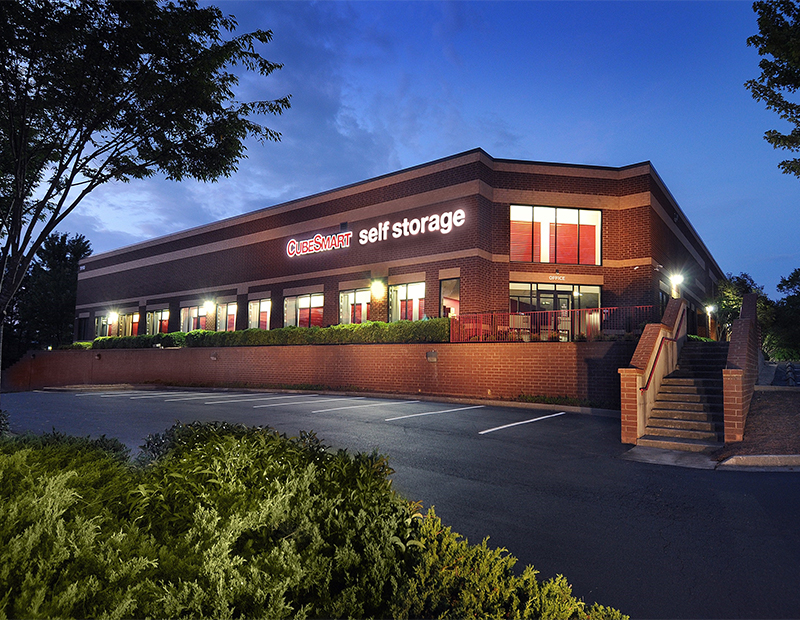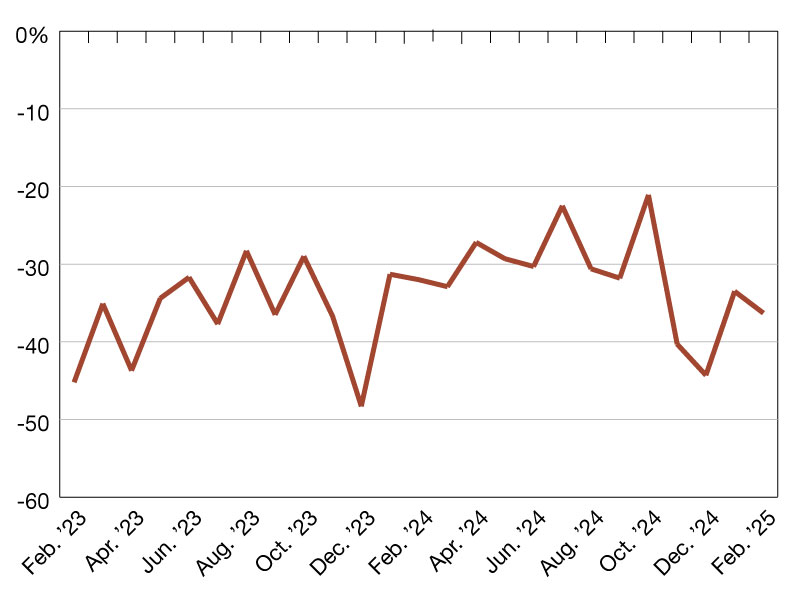Jernigan Capital Lands Expanded, Extended Credit Facility
The self-storage owner/lender’s new credit facility adds $140 million to its predecessor’s total value, more than a year to its maturity and three new banks to the lending syndicate, all while trimming credit spreads.
Jernigan Capital Inc., of Memphis, has entered into an amended and restated senior secured revolving credit facility of up to $375 million with a syndicate of banks led by KeyBank N.A. and BMO Harris Bank N.A. The credit facility has a three-year term that expires March 24, 2023, and two one-year extension options, along with an accordion feature permitting expansion up to $750 million, subject to certain conditions.
READ ALSO: $2T Package Becomes Official as Social Distancing Here to Stay
The new facility was expanded to $375 million from $235 million and features credit spreads lowered by 15 to 25 basis points, with no LIBOR floor and three additional lenders: Truist Bank, Synovus Bank and IberiaBank. The new maturity extends the previous one by about 15 months.
The borrowings under the facility are secured by three separate pools of collateral:
- one consisting of the company’s development property investments,
- one consisting of non-stabilized self-storage properties wholly owned by JCAP, and
- one consisting of stabilized wholly owned self-storage properties.
Advances under the credit agreement bear interest at rates between 210 and 300 basis points over 30-day LIBOR, versus the spreads under the previous credit facility, which were between 225 and 325 basis points. KeyBanc Capital Markets Inc. and BMO Capital Markets Corp. acted as joint lead arrangers and syndication agents for the credit facility. KeyBank N.A. acted as the administrative agent, and Raymond James Bank N.A. served as documentation agent. The other banks participating in the credit facility are Pinnacle Bank, Trustmark National Bank, Truist Bank, Synovus Bank, IberiaBank, FirstBank, Renasant Bank and Triumph Bank.
Valued in good times and bad
JCAP owns outright a portfolio of 29 assets and in addition has a portfolio of 47 “development property investments.” In these, the REIT is a lender but also has an equity interest in the residual profit of the underlying properties, as well as the intention to buy the underlying assets in the substantial majority of these, a JCAP spokesperson told Commercial Property Executive.
Last fall, JCAP bought a five-building, 4,141-unit self-storage portfolio in metro Miami from MCSS Development and Investment. JCAP had earlier invested about $83 million in the portfolio through its bridge lending program.
Though nationwide self-storage demand continues to benefit from years of steady job creation, construction this year “will ease further from a historical high number of deliveries in 2018,” according to a recent 2020 forecast by Marcus & Millichap. Meanwhile, however, the “expanding pool of investors targeting self-storage assets has bolstered property values and tightened cap rates, particularly in primary markets. This has led more buyers to seek yields in smaller metros, where there is less competition but also softer demand drivers,” M&M expects.
Many such investors, the report stated, are seeking self-storage assets because, “In the event of an economic downturn, countercyclical demand drivers such as household consolidation could partially offset a smaller traditional customer base.”








You must be logged in to post a comment.